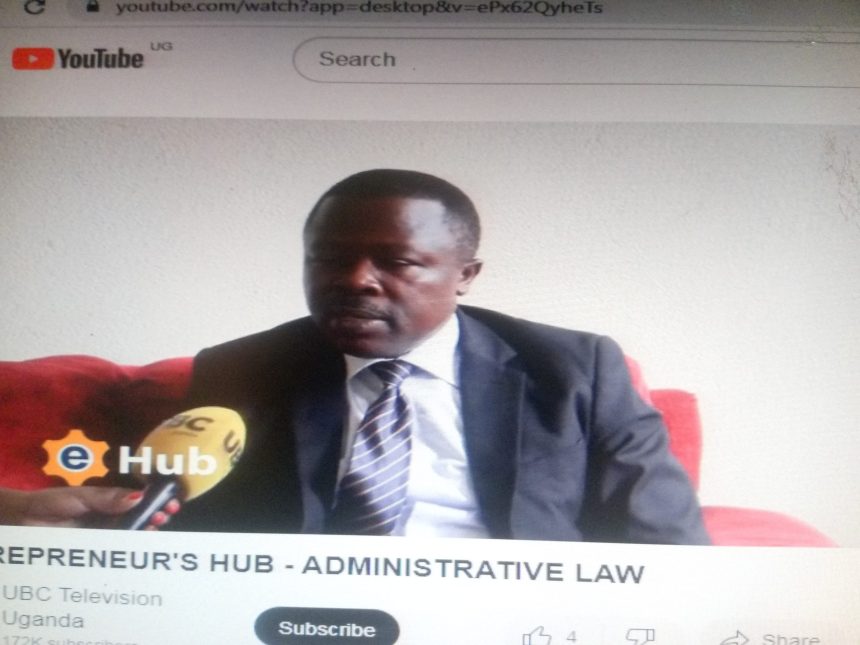During the National Resistance Movement’s insurgency against the previous regime (1981 to 1986), they established the Resistance Councils (RCs) system and ensured that its leaders were elected, not appointed.
At grassroots levels, particularly in areas like Luwero, residents elected representatives to the RCs to manage security and mobilization, among other duties. The RCs served their purpose until around 1993 when they were replaced by the Local Council system, which had a similar mandate.
The Ugandan constitution emphasizes regular elections, as stated in Article 1, affirming that power originates from the people and that they determine their leaders at intervals.
The current council system, especially Local Councils 1 and 2 (LC1 and LC2), had a five-year term from 2018 to 2023. Initially, the Ministry of Local Government extended their mandate by six months, and recently, another six months were added, totaling one year. Legal scholars may question the constitutional validity of such extensions and the conditions under which they are justified.
Extensions of political terms are typically warranted during crises such as severe war or national emergencies, conditions which currently do not justify prolonging the terms of LCs.
Local council leaders, including LC1s and LC2s, derive their authority from elections. Continuing in office beyond their mandated term undermines the constitutional basis that brought them into office and challenges their legitimacy before voters.
Many issues arise, including the legality of their actions and the appropriateness of continued honorarium payments. The best solution to resolve this impasse is either through a referendum or expediting elections to uphold democratic principles.
It is risky for the Ministry of Local Government to appoint LCs without democratic elections, considering that even a rebel movement like the NRA insisted on elected RCs.
The local council system is a five-tier governance structure responsible for monitoring government programs and enhancing community policing efforts.
Among the NRA’s Ten-Point Program was a commitment to regular democracy, a principle that should be upheld without compromise. The submissions and actions of elected LCs should be respected, provided they are legitimately elected.
The passing of many local council leaders underscores the urgency for fresh elections. However, with the 2026 General Elections approximately 300 days away, the election of LCs may be delayed.
Many people are hesitant to trust a system where leaders are not elected by the populace. Therefore, until new elections are held, the responsibilities of LC1s, LC2s, and other LCs should be overseen by parish chiefs or LC3s.




















